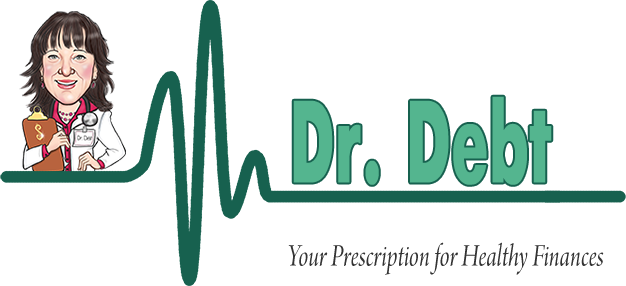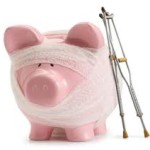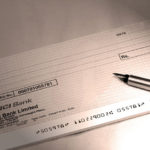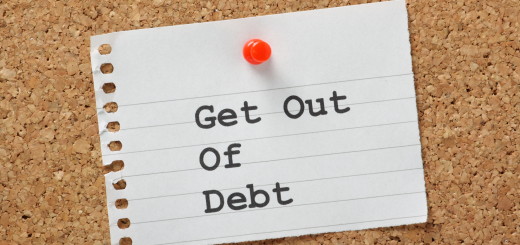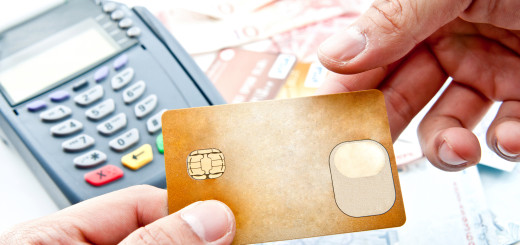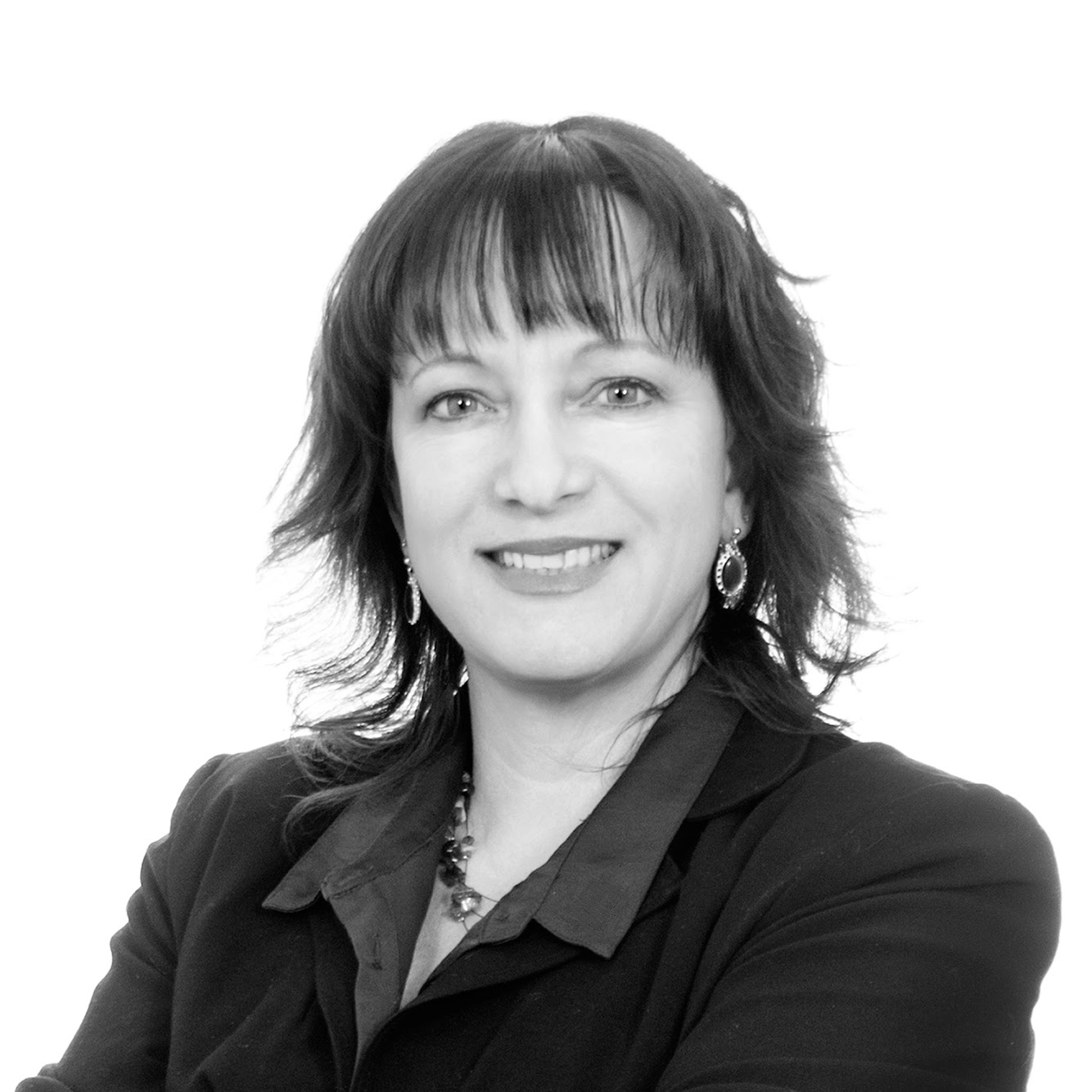Help! The Bank took my money!!
I get this call at least once every few weeks. It’s something I try to warn against. There is a definitive risk to having all of your eggs in one basket when it comes to your cash flow. Of course, this is only an issue if ‘Life Happens’ and you find yourself unable to keep up with your current financial commitments. If everything is hunky dory (yes, I actually used that phrase), no worries. But if it’s not, you should worry.
Yes! Banks CAN take your money!
Banks have a right of set-off, which means that if you owe them money (past-due, not future-payable), and you have money sitting in your account, they can go in and take it. There is some criteria that must be met, for example…
- the account must be held by the customer who owes the firm money.
- Joint-accounts are also at risk; in some instances a call to the bank by the joint-account holder (who does not owe the bank money) will result in the funds being put back into the account.
- the account must be for the same entity that owes the money, for example, if John Doe owes money personally, monies would not be taken from John Doe’s business account and vice versa.
- the debt must be due and payable. For example, if a customer misses making a loan payment, the bank can take only the missed payment – not the balance of the loan (unless the loan is ‘called” which is a separate issue.)
Can create a HUGE mess!
This may not be a huge issue if your $40 visa payment was overdue and they took that payment, but let’s say your Line of Credit has been overdue for months, and you owe $2100.00, your paycheque/pension etc get’s depsoited in your account. Your mortgage, or car loan, or rent, or insurance is scheduled to come out, or maybe several of those things and BAM!…the bank takes your entire pay for that period. The rent/mortgage/car/insurance payment(s) bounce. Big, BIG mess. Oh, don’t forget the nsf fees. At $40-50 per pop, that’s another hundred or two you are now overdrawn. It can be a nightmare. To the point where I have seen someone’s home go into foreclosure or vehicle be repossessed.
What can I do?
If you find yourself juggling payments, that is the time to consider opening a new bank account, at a financial institution where you do not owe any money.
Common Myth: you do not have to bank where you have your mortgage!
Many people think that they have to have an account at the same institution that has their mortgage. That’s not true. You can have your mortgage payment come out of any account, at any institution. You just take a void cheque or pre-authorized payment form to the mortgage holder and ask them to take your payment out of the new account.
Yes, it’s a bit of a pain. You will have to have your income source redirected. And you will have to ensure the payments you can make (usually your mortgage and/or car loan) come out of the new account. But the pain of the transfer should outweigh the pain of your account all of sudden getting cleaned out. Often times the new bank will assist you in getting these things transferred over. The following are some tips to help you with the process:
1. Make a list of your income sources and gather the contact information needed to redirect to the new account.
- Payroll – usually your payroll or HR Department’s email or fax number
- Government Monies (CTB/CPP/OAS/CRA/GST) – you can go online and print off a form
- Investment Income – The company name and policy number along with a fax or email. Often you can get a form from their website, or request one from them directly
2. Make a list of the payments you want to come from the new account.
- Ensure you have the financial institution and account number.
- Gathering a recent invoice for each would be helpful.
Just to be clear, I am certainly not saying that you should stop paying all of your other debts. What I am saying is that you need to maintain control over your cash flow at all times! This gives you the opportunity to pay what you can on each account as you are able to. It may not be the full amount, depending on your circumstances. Make a list of all of the other debts and set them up as bill payees so you can pay them online or go directly to the financial institution and pay them there.
It’s worth mentioning that if you are unable to keep up with your payments and the bank calls the loan, or sends it to collections, and legal action is taken, the bank can obtain a judgement to seize any of your assets (there are restrictions), including funds in an account that is not held with that institution. If you find yourself in that position, or headed in that direction, I definitely recommend seeking professional advice and exploring ALL of your options.
I hope this saves some of my readers some aggravation and helps to keep your finances intact.
Wishing you Happy, Healthy Finances!
Mary Ann Marriott
aka Dr. Debt
Disclaimer: This advice is general in nature and should not be relied upon solely to resolve a financial issue. Professional advice is always recommended so that you are getting the best advice tailored to your particular circumstances.
